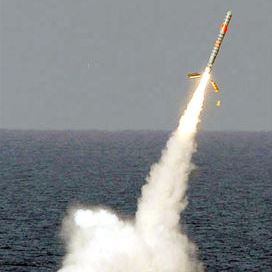(ASPJ report) Despite the onset of pessimism about the economic prospects of the Brazil, Russia, India, China, and South Africa (BRICS) association, the grouping continues to attract significant attention as a potential source of concerted counterbalancing policies vis-à-vis the developed world. BRICS members have positioned themselves as aspiring nations capable of sustaining high levels of economic growth without excessive dependence on developed countries. They also claim to embody the promise of independent foreign policy and security strategies based on their distinct understanding of national interest and seek to rally around BRICS a group of developing countries supposedly in the process of choosing between alliance with the West and largely self-reliant economic and diplomatic strategies. In the wake of a major bout of confrontation with the West over Ukraine, Russia may push for raising the profile of BRICS as a vehicle for the coordination of international strategy. It is therefore important to establish the extent to which BRICS as a multilateral institution can be beefed up with substance in the field of security policy. This article seeks to contribute to such analysis by examining the prospects of a concerted BRICS approach to multilateral diplomacy and collective action in the international arena.










